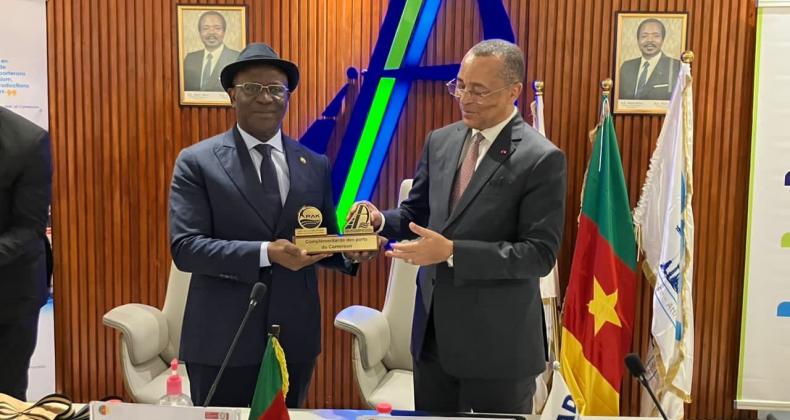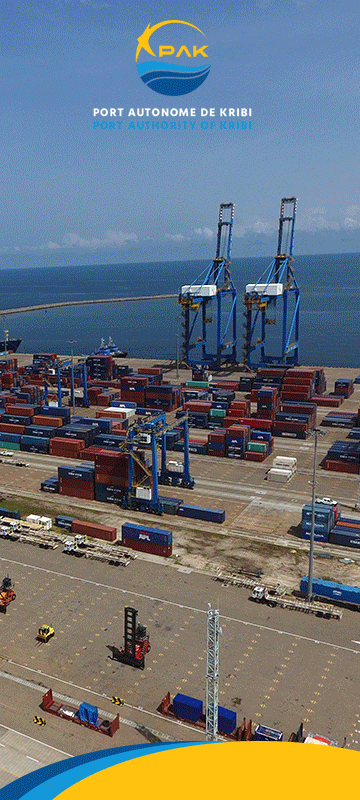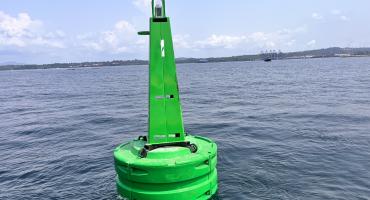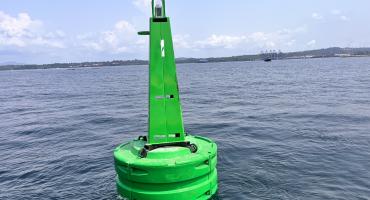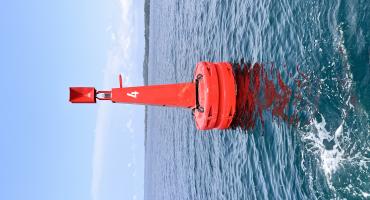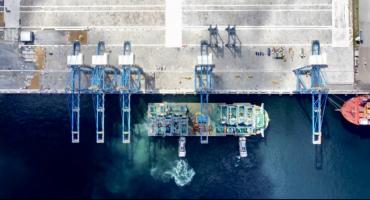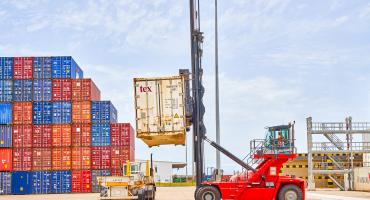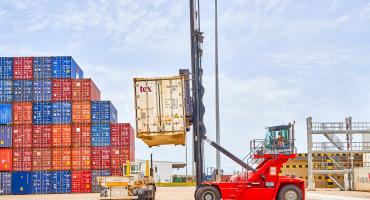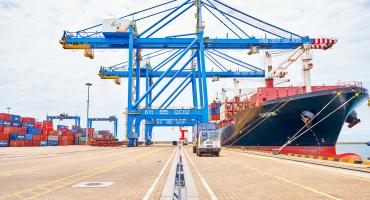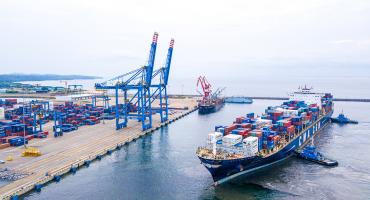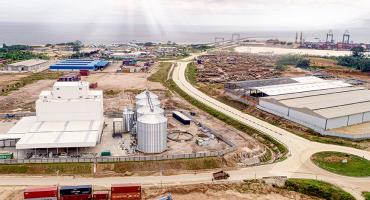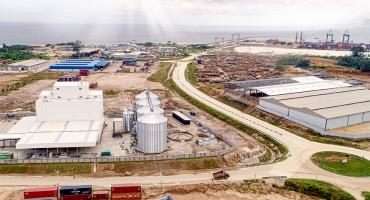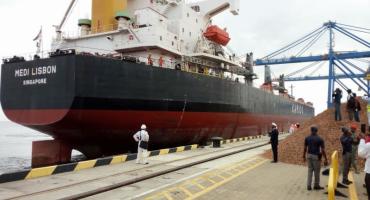Hand in glove. This is the major recurring expression in the two speeches made during the ceremony to sign the Cooperation Framework Agreement between the Port Authority of Kribi (PAK) and the Port Authority of Douala (PAD) last Thursday 27 July in Douala. Cyrus NGO’O, GM of PAD, and Patrice MELOM, GM of PAK, underscored one after the other that a first agreement was signed on 5 May 2017 and mainly delved on the transfer to PAK of Kribi’s offshore assets and skills formerly managed by PAD. The five-year partnership was a success and Patrice MELOM affirmed that “each year, PAK sends its staff on mission to carry out benchmarking in PAD”. A glaring sign that the older company is still guiding the younger one and things will never be otherwise as Douala and Kribi are like siblings from the same shareholder which is the State of Cameroun.
Thus, as Cyrus NGO’O said, “our relationships must be firmly based on competitiveness, not competition”. Hence the ceremony of the 27 July 2023. The new PAK-PAD Framework Agreement banks on new strategic levers to strengthen the complementarity between both Cameroonian ports by maximising the potential of Cameroon coastline. As a matter of fact, as Patrice MELOM explained, “with the increasing challenges and opportunities of international trade, the agreement was revised to build up the synergies required to implement the complementarity approach between both ports”.
The revised Framework Agreement between PAK and PAD covers an array of areas among which the following: coordination of the project to set up a Kribi-Douala maritime feeder line; coordination of joint participation in and/or organisation of promotional and institutional events; coordination of discussions on facilitating trade; monitoring of relations between stakeholders in both port communities; exchanges of experience and knowledge on port management and operations and the development of human resources and assets; concerted reflection on the governance of the national port and maritime sector; reflection on the representation and lobbying power of Cameroonian ports in supranational governing bodies of the national port and maritime sector; the creation of attractive conditions to have companies and logistics operators settle in the two ports and their respective logistic zones and finally, the institutional representation of Cameroonian ports abroad.
The signing of this new Framework Agreement thus marks the beginning of a new era of strategic partnership for competitiveness and not competition. This shows the common will of both ports to tackle the challenges of maritime trade while harnessing growth opportunities for Cameroon’s economy.

